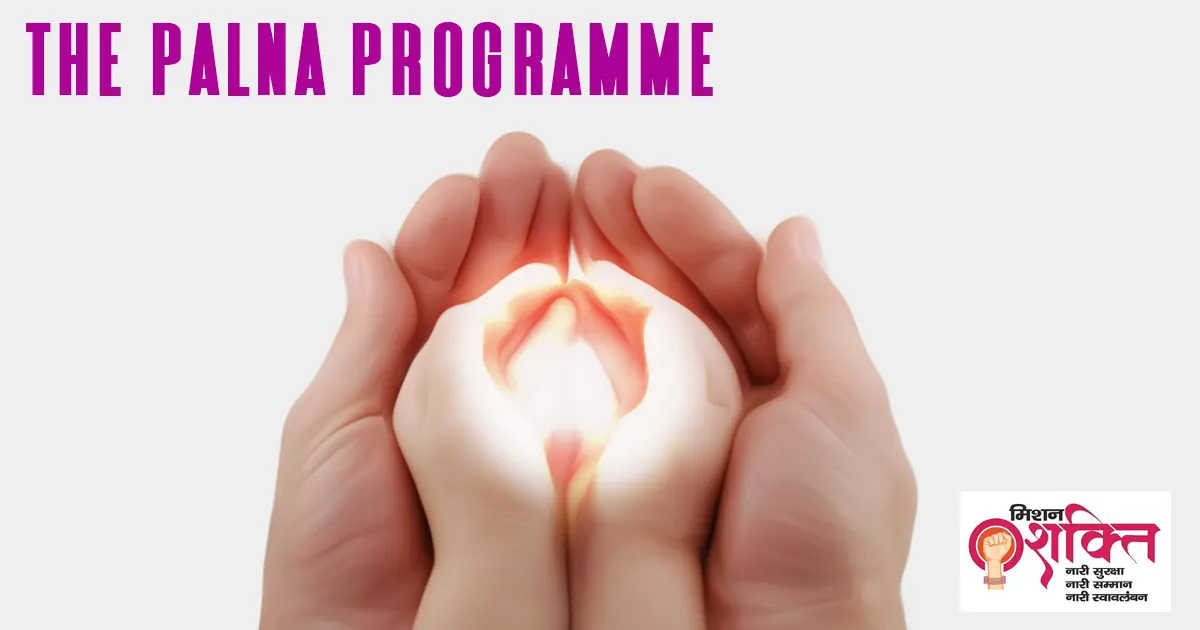
Palna Programme is a key initiative under Mission Shakti, which aims to provide daycare facilities and support to the children of working women in both rural and urban areas. This program focuses on offering comprehensive care to children aged 6 months to 6 years, ensuring their holistic development and assisting working mothers by providing safe, nurturing environments for their children.
Key Details of the Palna Programme:
- Context and Background:
- The Palna Programme is an extension and reorganization of the National Creche Scheme, now renamed under the sub-scheme Samarthya of Mission Shakti.
- The programme aims to set up 17,000 crèches across India to support working women.
- Under Palna, Anganwadi-cum-Crèches have been introduced, and previous crèches under the National Creche Scheme are now part of the scheme as Stand Alone Creches.
- Nodal Ministry and Implementation:
- Ministry of Women & Child Development is the nodal ministry responsible for the implementation of the scheme.
- The State Governments are the primary implementers of the scheme and can collaborate with suitable voluntary or non-governmental organizations to manage these facilities.
- Target Group:
- The Palna Scheme primarily targets children aged 6 months to 6 years of working mothers who work for at least 15 days per month or 6 months per year, in both rural and urban areas.
- Objectives of the Palna Scheme:
- Daycare facilities for children of working mothers.
- To improve the nutrition and health status of children.
- To ensure the holistic development of children through physical, cognitive, social, and emotional growth.
- To provide education and empowerment to parents/caregivers for better childcare.
- Services Provided:
- Daycare facilities including sleeping arrangements.
- Early stimulation for children under 3 years old.
- Pre-school education for children aged 3 to 6 years.
- Supplementary nutrition, growth monitoring, and health check-ups.
- Immunization for children.




